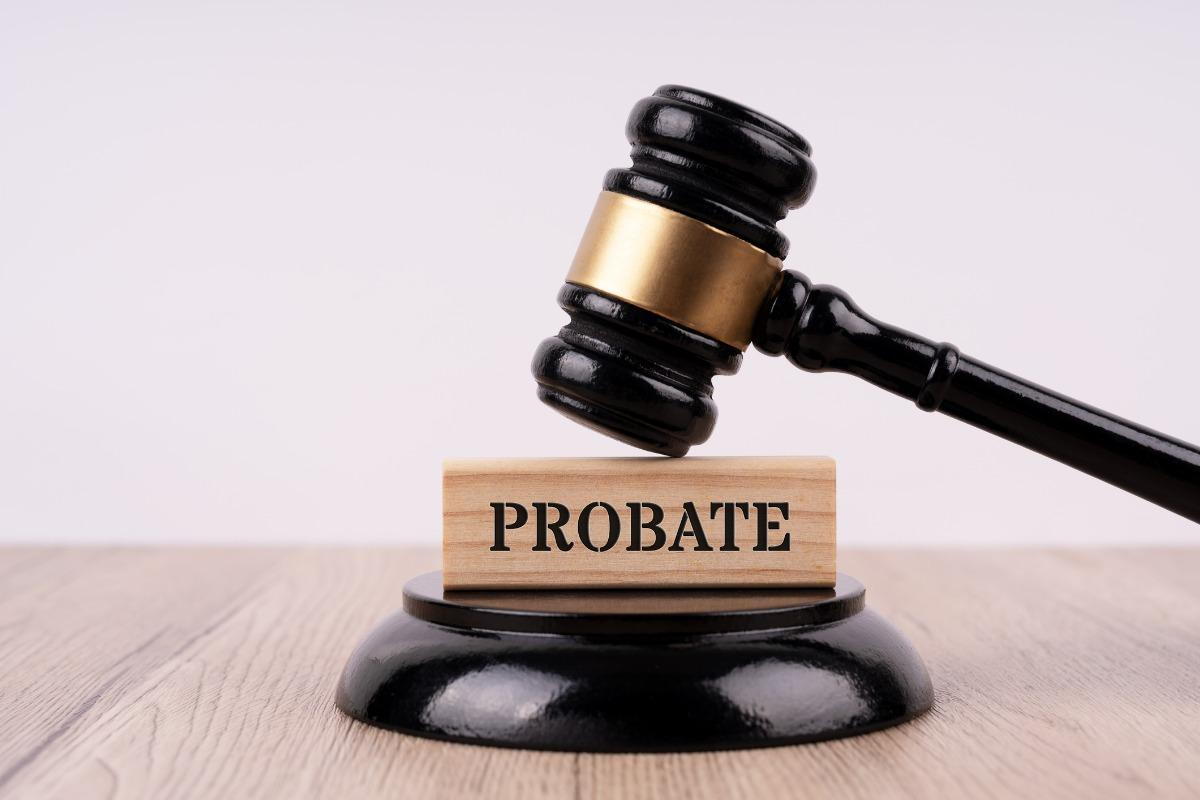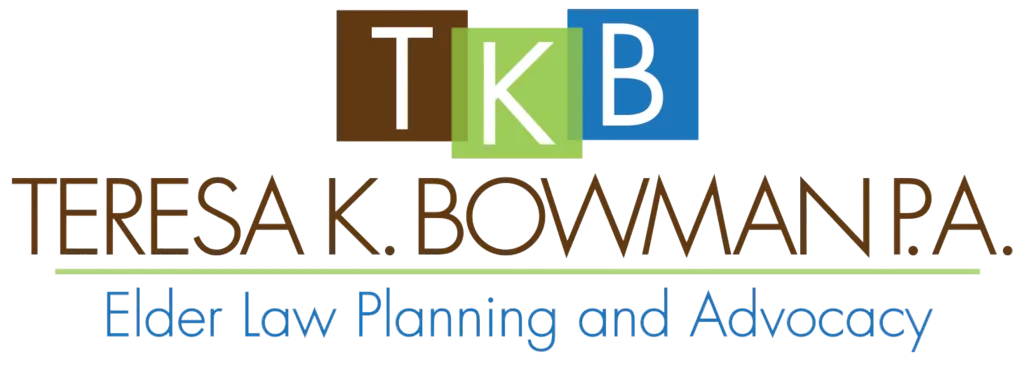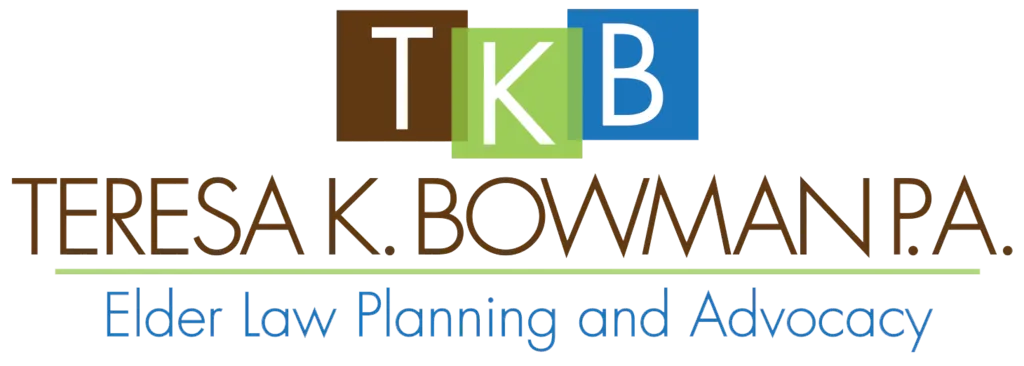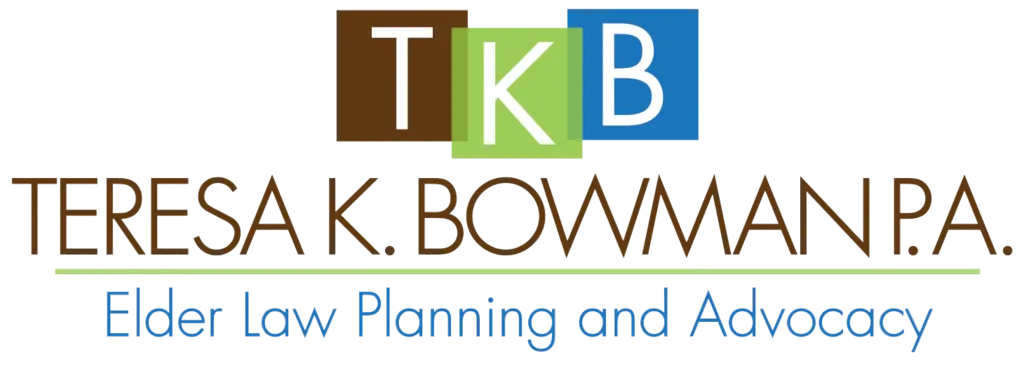
The Florida probate process for formal administration vs summary administration
- posted: Mar. 05, 2024
Sarasota elder law attorney explains Florida probate rules
Florida elder law attorney Teresa K. Bowman has been assisting residents of Sarasota County with preparing for the future for two decades. When it is time to distribute a loved one's estate it is important to have a seasoned professional to help navigate the Florida probate process to avoid delays and added steps that are frequent when not handled properly.
What is probate?
Probate is simply using court orders allowing beneficiaries access to those assets owned solely by the decedent (person who died).
How jointly held assets are handled in Florida probate
Any assets jointly owned with another (real property held joint with rights of survivorship, joint bank accounts), assets that have beneficiary designations (insurance policies, annuities, IRAs, 401Ks), or accounts titled pay on death, or transfer on death, (designations made on the bank account prior to death) pass via a death certificate outside of probate. Cars, boats, and other tangible property pass outside of probate, but if there are creditors, may be attached unless exempt. A qualified probate attorney will help clarify jointly held assets.
How homestead property is treated in Florida
Homestead property is not part of the probate process technically as it vests with the heirs upon death but must go through the process in order to change title. Florida homestead is unique in that it is exempt from the claims of creditors (except for a mortgage, or contractors’ lien for work completed on the home), which includes Medicaid.
Assets requiring probate
At death, if assets are found that require probate, the original last will and testament is deposited with the clerk of court, and a death certificate is recorded. The person named in the will as Personal Representative (PR) will need to be appointed by the court if a formal probate is necessary. A formal probate would include assets in excess of $75,000. If less than that amount, a summary administration will suffice and avoids the appointment of the Personal Representative. Here is a brief breakdown of the Florida probate processes:
| Summary Administration Personal Representative not appointed Petition for Summary Administration filed with court Notice of Administration sent to beneficiaries Notice to Creditors is published (not required but recommended to reduce the time in which creditors can file a claim from 2 years to 3 months) Court order received giving authority to distribute assets to beneficiaries Petition for discharge filed with court Estate is over | Formal Administration Personal Representative appointed Petition for Formal Administration requesting appointment of Personal Representative filed with court Letters of administration issued giving Personal Representative authority to take control of estate assets Notice of Administration sent to beneficiaries Notice to Creditors is published (must run 90 days) Initial accounting of estate assets must be filed within 60 days after PR appointed and provided to beneficiaries Creditors reviewed and paid Interim accounting provided to beneficiaries of assets and creditors Attorney fees, PR fees, costs are paid Final accounting and proposed distribution of assets sent to beneficiaries Distributions made to beneficiaries Petition for discharge filed with court Estate is over |
Contact an experienced Florida probate lawyer to schedule an appointment
Teresa K. Bowman, P.A. handles probate and trust administration tasks with great care and understanding for clients in Sarasota and Osprey. Please call 941-735-5200 or contact my Sarasota office online to schedule an appointment.



